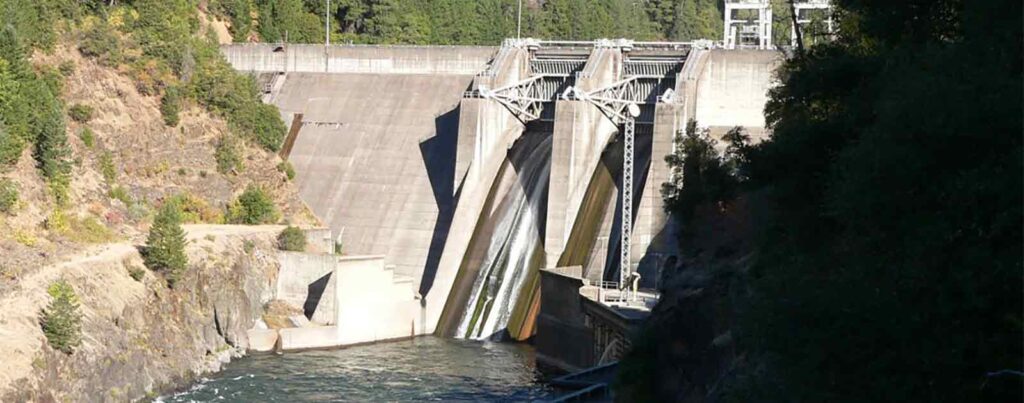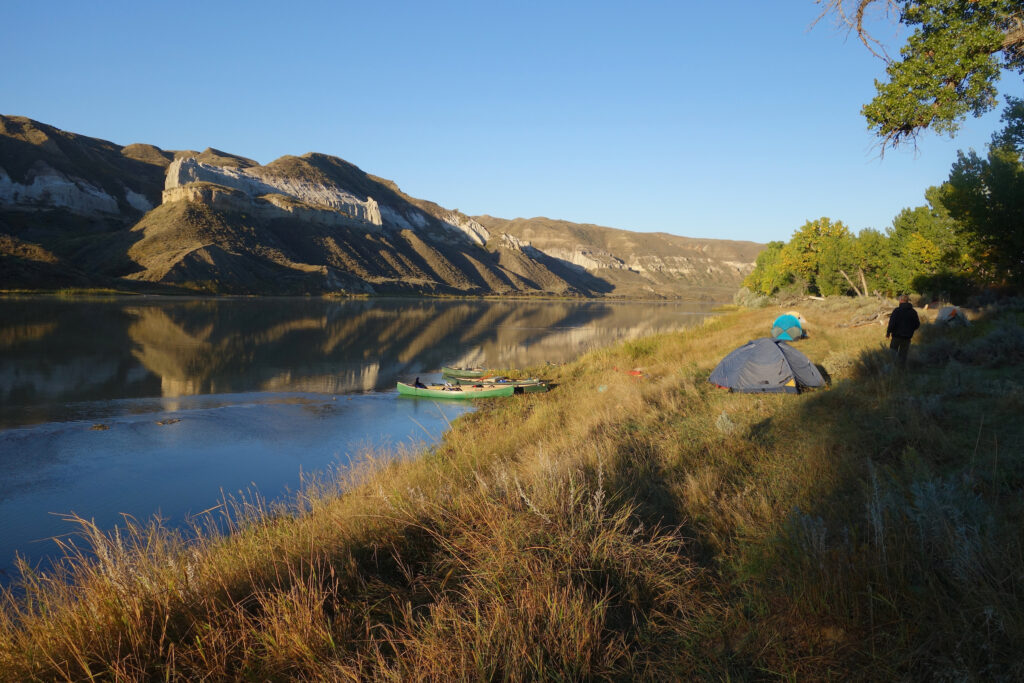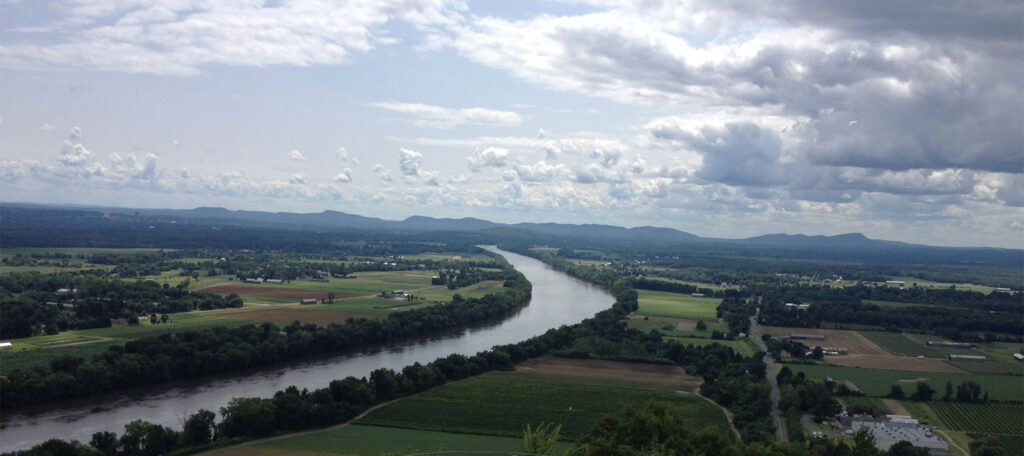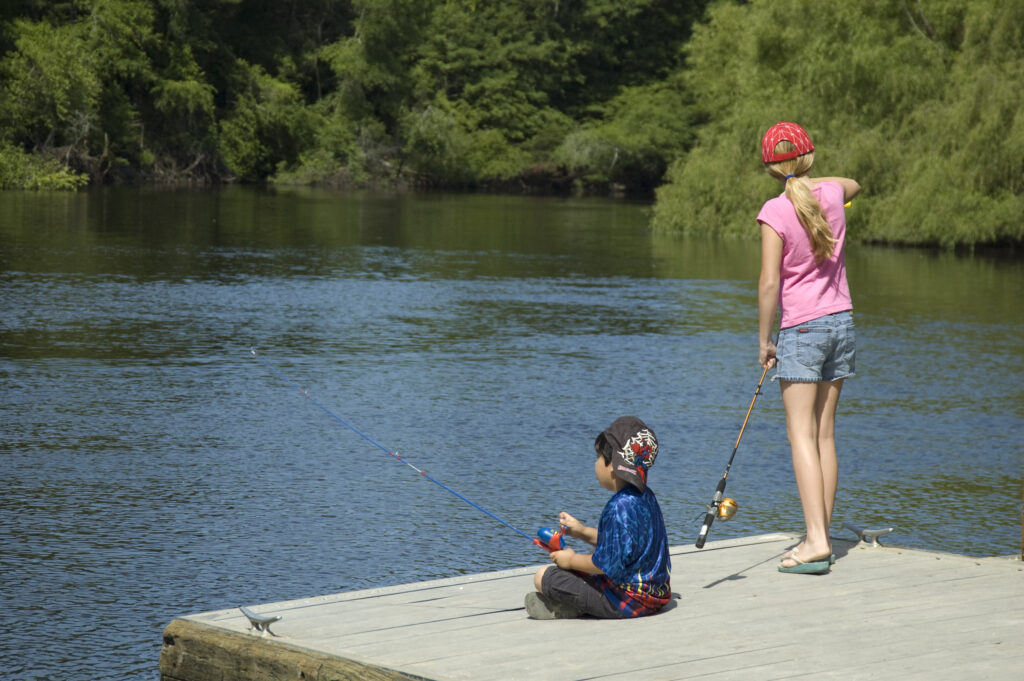Hydropower Legislation Seeks to Undermine the Clean Water Act on its 43rd Anniversary

October 18, 2015 marked the 43rd anniversary of the Clean Water Act. This bedrock environmental law has been protecting our waters since 1972. A few years before, the Cuyahoga River in Ohio had caught fire – for the 13th time! – at last moving Congress to act decisively to clean up the nation’s rivers and streams. The Clean Water Act has brought us a long way since then, but its full implementation and enforcement are still needed as there are currently 43,180 impaired waters in the United States that need rehabilitation.
Unfortunately, the Clean Water Act is constantly under attack by corporate interests, and their allies in Congress, seeking to weaken the law’s protection of rivers, streams, and wetlands. The latest attack comes in the form of H.R. 8, the North American Energy Security and Infrastructure Act.
H.R. 8 contains provisions in its hydropower section that would undermine the Clean Water Act. It would allow large utilities to ignore state and tribal requirements under the Clean Water Act that dams meet water quality standards. This dirty water language would benefit a small number of huge corporations that are afraid that their dams, built many decades ago, might now have to meet the Clean Water Act’s modern standards.
For example, H.R. 8 would allow Exelon Corporation to avoid meeting its responsibility to clean up the Chesapeake Bay, which is why this provision is opposed by Maryland’s Republican Administration. It also could allow Pacific Gas and Electric to avoid doing its part to meet water quality requirements on rivers that have been impaired by California’s historic drought, which is why the State of California strongly opposes the bill. If this provision is enacted, the burden for protecting these and other important bodies of water will fall disproportionately on other users of the river, but especially agricultural producers and municipalities.
Hydropower licenses are issued for up to 50 years
Hydropower facilities that are coming up for relicensing now were first constructed before the Clean Water Act and virtually all modern environmental laws were in place. It is during relicensing proceedings that the public gets the opportunity to ensure that dam owners make the necessary changes to comply with the Clean Water Act and other modern laws. The opportunity to mitigate for the damage to the environment, while still providing reliable electricity, only arises once in a generation or two.
This bill is an unprecedented assault on our nation’s rivers and the people and wildlife that depend upon them. Its passage would end the balance in hydropower licensing, instead tipping the scales in favor of huge utilities and against taxpayers.
How you can help
If you care about the Clean Water Act, as well as irrigation, Native American treaty rights, wildlife, recreational fishing, commercial fishing, whitewater boating, water quality, municipal water supply, fire safety, flood control, or any other purpose other than generating power, then you should ask Congress to oppose it.



